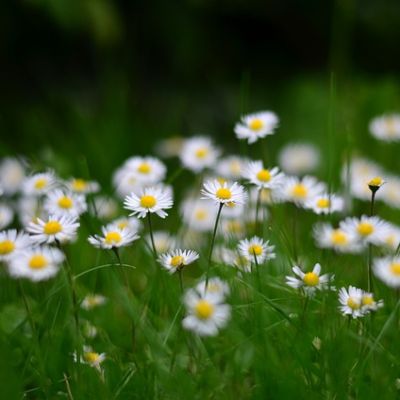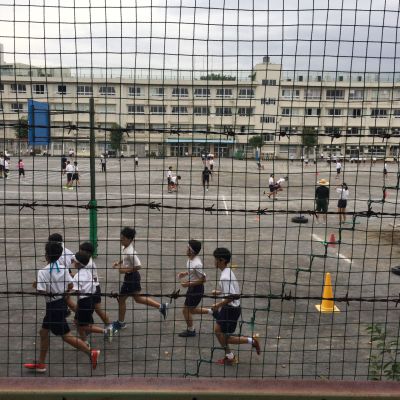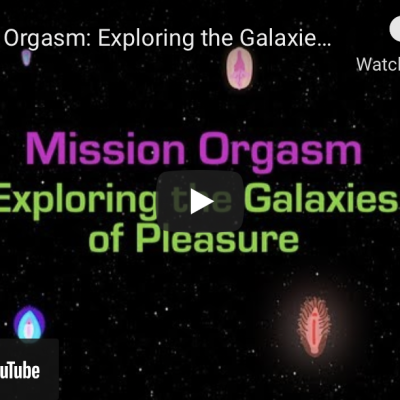play
Our bodies become the form and medium through which we present ourselves to the outside world, engage with it, interact with it, perceive it and are perceived by it.
“City-living gave me talons and claws, but now I want to put those away. I want something else. I want softness. I want grass under my feet. I want the fist in my stomach to slowly unclench. I want the garden of my childhood to get lost in play while letting sunlit hours pass over to rosy dusk.”
In this month’s issue of Play and Sexuality, Wesley D’Souza recounts the time his school put up a production of The Pied Piper of Hamelin, his preparations for its audition, and how the process was intertwined with an exploration and acceptance of his sexuality.
But self-care is not a clean and happy procedure, it is not definitively achievable when systematically explored. To understand the scope of self-care we need to see the ‘dark side’ of the landscape, and destroy the versions of self-care that denounce our plurality. In this fight, the only outcome can be a recognition of experiences beyond the wellness narrative structured around the neoliberal agenda. This article is an attempt at foregrounding some aspects of self-care that decentralise the prevalent commodification of it.
Our bodies become the form and medium through which we present ourselves to the outside world, engage with it, interact with it, perceive it and are perceived by it.
The gendered assumption that girls are generally disinterested in sports, could be easily refuted by the fact that the principal’s office shelf was adorned with multiple trophies awarded to the girls’ hockey team for winning championships.”
“City-living gave me talons and claws, but now I want to put those away. I want something else. I want softness. I want grass under my feet. I want the fist in my stomach to slowly unclench. I want the garden of my childhood to get lost in play while letting sunlit hours pass over to rosy dusk.”
Wesley D’Souza recounts the time his school put up a production of The Pied Piper of Hamelin, his preparations for its audition, and how the process was intertwined with an exploration and acceptance of his sexuality.
We envision SISA spaces as non-judgmental, inclusive, rights-based and affirming spaces wherein people’s sexuality, their identities, wellbeing, choices, desires and pleasure are respected.
The story is so well told and is written with such a light, deft hand that it is almost easy to miss what makes it so quietly radical. To review it within the scope of exploring the coming together of literature and sexuality we must begin with its central cast of characters – the widows.
In this month’s issue of Play and Sexuality, Wesley D’Souza recounts the time his school put up a production of The Pied Piper of Hamelin, his preparations for its audition, and how the process was intertwined with an exploration and acceptance of his sexuality.
Four More Shots Please! moves in the right direction when it comes to women (of a particular social stratum), their lives, and feminism at large – even if it takes small, stumbling, baby steps towards it.
Play is not only about cocks, balls, vaginas, paddles, or anything that happens between two consenting adults in the bedroom. It’s also about what goes on in a masochist’s mind before they submit to a cane, or a whip, and before they orgasm from the pain.
A kiss for the side of your neck One for the last of your back For a year that we…
This Parodevi Pictures’ production from Agents of Ishq is a kaleidoscopic must-watch that takes us into the poorly understood ‘galaxy’ of female orgasm and sexual pleasure through a mobile-phone game – A Little Death – that helps people navigate this terrain unfamiliar to many in an exciting and accessible way.











